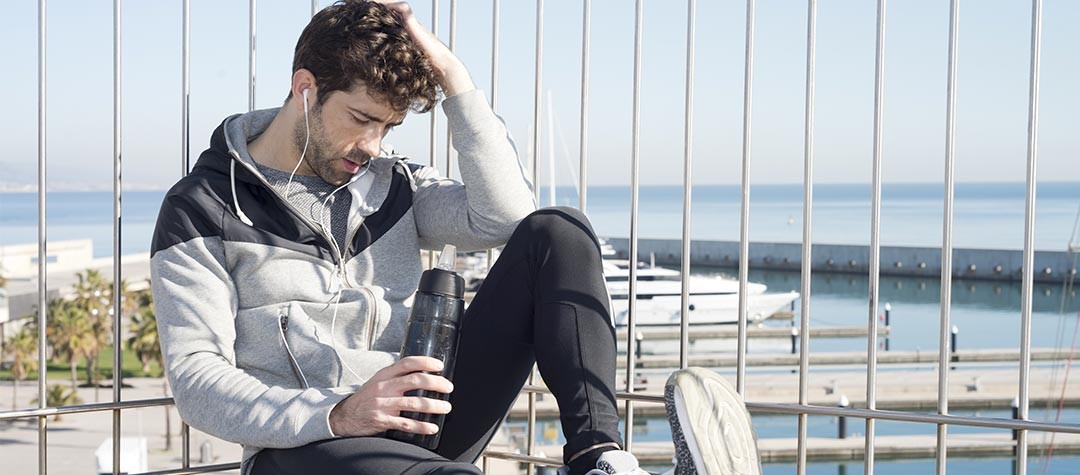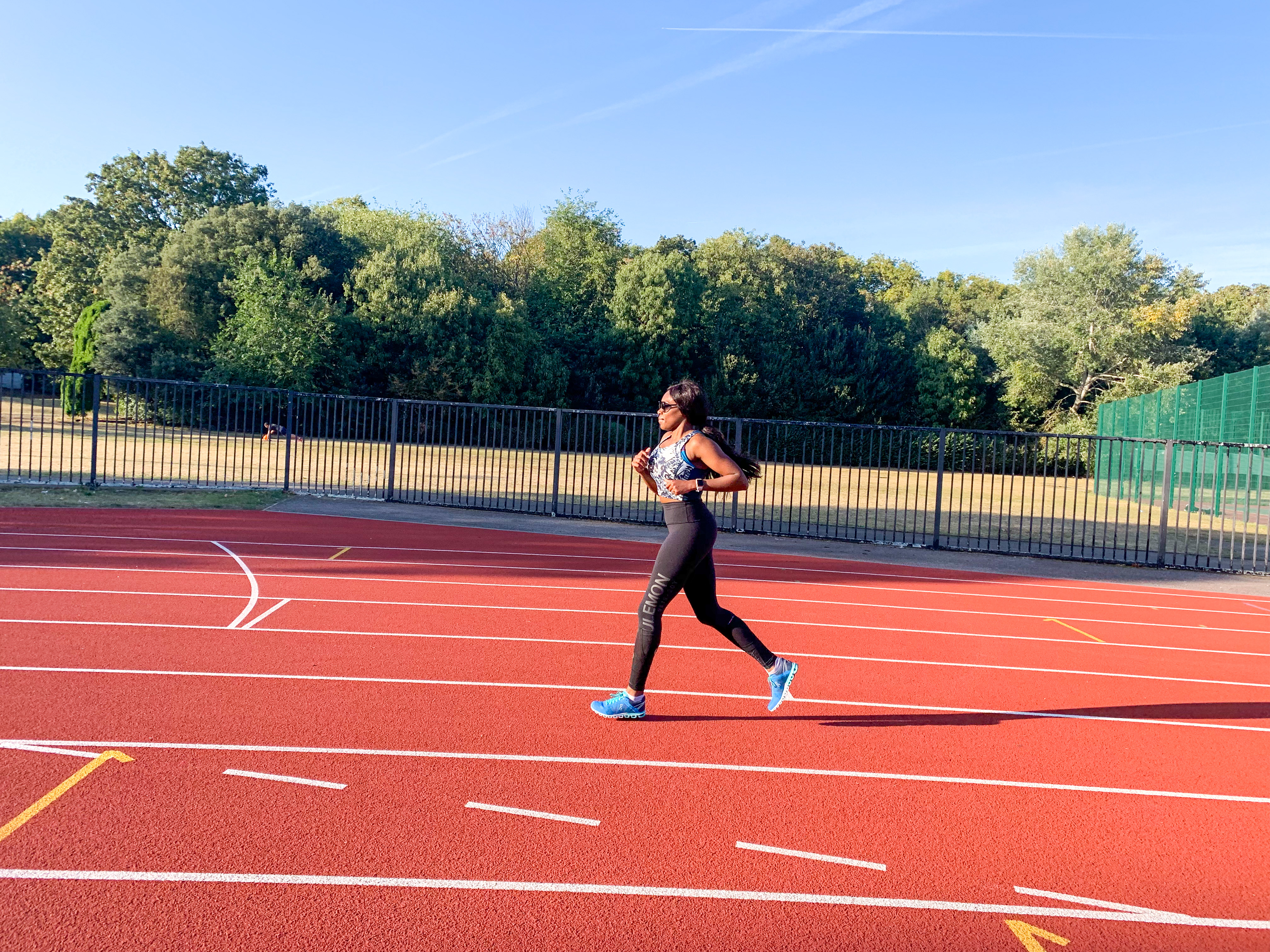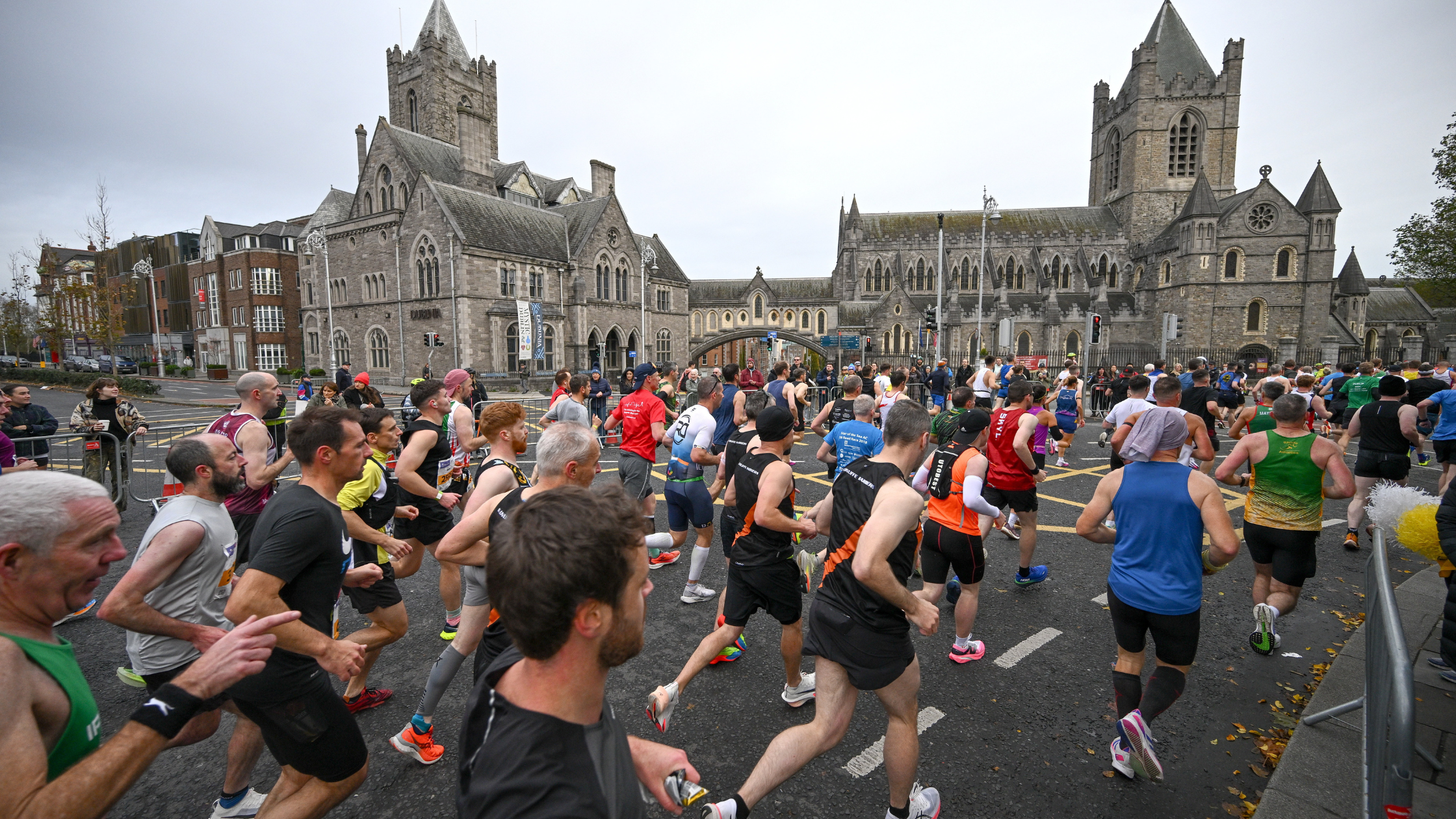The taper. It should be an enjoyable period; the hard work is in the bank and all that is left to do is to focus on resting, recovering, and fuelling well. However, for some unknown reason any form of rational thought seems to go out of the window and you’re left almost crippled by the fear that disaster is imminent. Yep, it turns out that ‘maranoia’ is actually a thing!
Fear of illness
We are constantly exposed to germs and bacteria, however in the final week before a race there’s usually an overriding feeling that you will succumb to any pathogen going! You find yourself scowling at the person who has the audacity to cough on the bus and spend the entire week bathing in copious amounts of anti-bac gel. Whilst nobody wants illness to sabotage their race day, a recent study from the University of Bergen in Norway has shown that those who are anxious that they will become ill are far more likely to actually get sick.
Those who are anxious that they will become ill are far more likely to actually get sick.
There are several things that you can do to try and reduce the likelihood of picking up bugs. Ensure that you fuel both pre and post run with a carbohydrate rich meal. This will limit the drop in blood glucose levels and the production of stress hormones that temporarily supress your immune system following a run.
Avoid crowded places if possible in the 3-4 hours following a run when your immune system is compromised and wash your hands regularly with soap and hot water. Finally, it’s worth taking a probiotic supplement as research has shown that the good bacteria can help to strengthen your immune system and reduce the risk of respiratory infections.
Phantom pains
In the final week before race day you might as well have a physio on speed dial! Convinced that the minor ache in your foot is a full blown stress fracture , your mind has run away with the worst case scenario before you’ve even had time to get the trusty bag of frozen peas out!
Psychologists have known for years that there’s a strong link between cognitive anxiety and the body so it’s not really a surprise that those last minute niggles crop up. Whilst you should always try to listen to your body, be aware that you are more likely to become hyper-sensitive to any aches and pains prior to a race.
The best thing to do is to monitor the niggle. If it disappears in a day or two then there’s really no need to worry. However if the pain persists or becomes worse then it’s advisable to get it checked out by a physio.
Feeling sluggish
After weeks of training and logging those miles in the week prior to a race you suddenly find yourself feeling like a slug, and a slow one at that! You try not to panic but race pace feels difficult and your legs feel heavy.
It’s perfectly natural to feel sluggish in the days leading up to a race.
It’s perfectly natural to feel sluggish in the days leading up to a race. It’s your body’s way of conserving energy ready for a big effort. With a race imminent, we all have the tendency to over-analyse how we feel, making the problem even worse. Try to view to view it as part of the process and trust that all will come good on race day!
Self-doubt
A little self-doubt and some negative thoughts are completely natural before a race. Even the minds of elite runners can be consumed with the same thoughts such as 'Have I done enough training?' or 'Will I be able to run at my target pace?' or 'What if I don’t feel good?'. It’s our brain’s natural reaction to an imminent threat or challenge.
In this instance all that is needed is to re-frame these irrational, negative thoughts that have crept in into positive ones. Why not try writing down three reasons why you should succeed in a race or try writing a positive mantra on the inside of your wrist?














